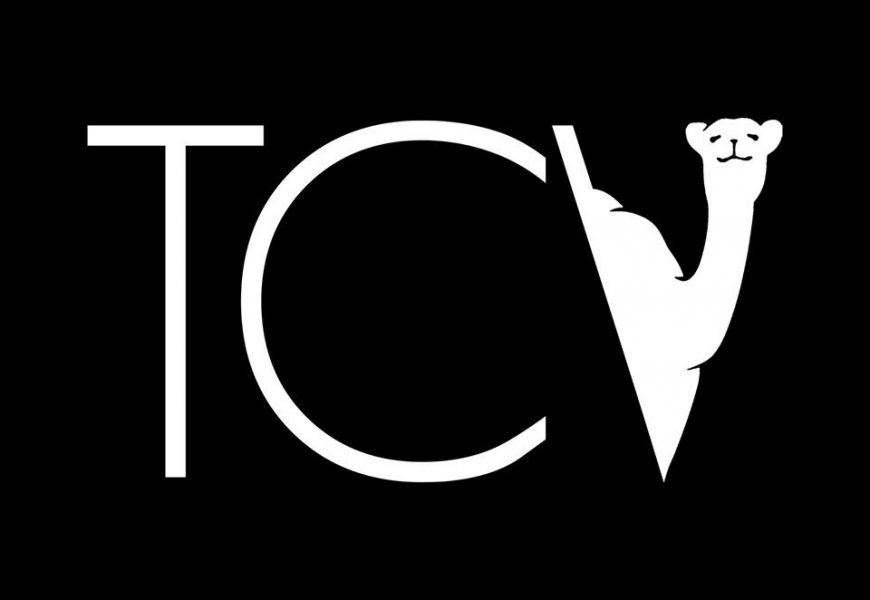What does it mean to be media literate? Does this answer change depending on where the question is asked? What does AI look like in transnational contexts?
Students interested in answering these questions can look forward to Conn’s new short-term study away program being held this summer in Riga, Latvia, a country in the northeastern European Union that experienced forty years of Soviet occupation. The four-week program, led by Slavic Studies Professor Laura Little and English Professor Jeff Strabone, will challenge students to look critically through the lens of AI in order to explore both the United States and the Baltic region, of which Latvia is a part. At the end of the program, students will have a more thorough understanding of Baltic culture, history, and language as well as four course credits to bring back to Conn in the fall.
The course that Strabone and Little will offer, called “Media and AI in Transnational Contexts: the Baltic Case,” will challenge students to utilize emerging technologies including ChatGPT, Gemini and GoogleTranslate in order to bolster their writing toolkits. Further, they will have to confront the limitations of AI, especially while living in a different cultural context. As Little and Strabone wrote in their program proposal, “[Latvia is part of] a region that is virtually invisible in American popular consciousness and in our curriculum.” This invisibility also extends into the accessibility of academic scholarship and resources about the Baltic region, including within AI.
Little and Strabone each bring valuable academic backgrounds that will contribute greatly to the success of the program. Strabone is a professor of English as well as the director of the Media, Rhetoric, and Communication pathway. His background studying media, nationalism, and empire will all contribute to students’ experience. Little, a professor of Slavic Studies and the Director of the Global Learning Lab in the Walter Commons, has extensive experience as both a language teacher and learner, and her knowledge of Russian will be critical during the program due to the large Russophone population in Latvia (around 30%). She has also spent time in Latvia over the past year visiting major cities as well as various media and linguistic institutions while planning and organizing the program’s itinerary.
Little has been working with the School of Russian and Asian Studies (SRAS) to organize the program. Conn has collaborated with SRAS in the past for Russian class trips to Georgia and Armenia, and many Slavic Studies students have participated in other SRAS study abroad programs in both Eastern Europe and Eurasia during the year. Students interested in this new summer program also have the opportunity to work with SRAS and other local partners to stay in Latvia past the four weeks for local internships or to participate in further language study in Russian.
The program will take place between May 23 and June 22, 2025. In addition to classes, the itinerary includes museum trips, guest lectures, and visits to local media organizations. Students will explore Riga and other cities, including the Estonian capital Tallinn, during a three-day trip. The subject matter of the program is both emerging and relevant as AI continues to become more pertinent in academic settings, and the critical thinking and media literacy skills gained over the four weeks will be useful in the AI age.
Excluding visa costs (if applicable) and airfare, the program is funded by the Office of Study Away for rising juniors. Other interested students can reach out to Little (llittle@conncoll.edu) to discuss funding and scholarship opportunities.










